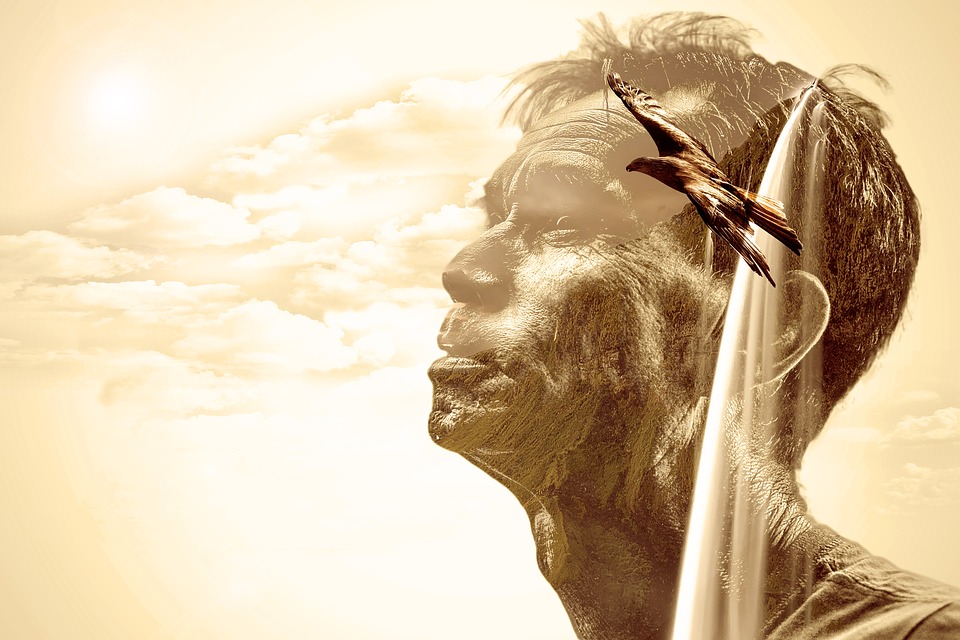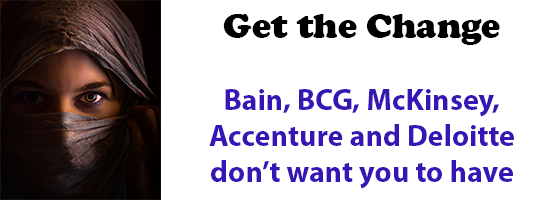Dare to Think Differently

As many of my colleagues are aware, I am at heart, a maverick, an unorthodox or independent-minded person. Who is curious and inquisitive, and finds change and challenging the status quo exciting, fascinating and stimulating. I am also, considered, by some, as a misfit, someone whose behaviours and attitudes sets them apart from others in an uncomfortably conspicuous way, that often rocks the boat. There is a range of consequences for people like me, who dare to maximize diversity and difference, by thinking differently. Now that I have also achieved the status of a Modern Elder – “the perfect alchemy of curious and wise, with curiosity leading to expansive inquiry while wisdom distills what’s essential.†I am finding that the consequences have intensified, to often become more challenging and confronting, in situations when divisiveness, rather than diversity, is the result of thinking differently.
As a guest at a festive meal recently, when asked, by a complete stranger, why I do not observe strict religious traditions. I replied that I choose not to embrace conventional, prescriptive religious institutions. He then replied by telling me that I was a “bad†person, and proceeded to further judge me by justifying his opinion and making me “wrongâ€. Without even bothering to inquire as to why I might feel or think differently to him. Rather than react and fight back to such a reactive response, and being a guest in my friends’ home, I simply shut down, and the feeling of desolation and exclusion stayed with me for days.
Diversity is of the essence
According to Jonathan Sacks, in his book “The Dignity of Difference- How to avoid the clash of civilizations,â€Â he states that “we are living in the conscious presence of differenceâ€. Which exists in the home, in the street, in our workplaces, communities, and countries where we constantly encounter groups and cultures whose ideas and ideals are unlike ours. “That can be experienced as a profound threat to identity. Identity divides.†Considering that “the world is not a single machine, it is a complex, interactive ecology in which diversity – the biological, personal, cultural and religious – is of the essence.â€
“When difference leads to war, both sides lose. When it leads to mutual enrichment, both sides gain.â€
People who dare to think differently
Adam Grant, in his book “The Originals – How Non-Conformists Change the World†describes an original (n) as “A thing of singular or unique character; a person who is different from other people in an appealing or interesting way; a person of fresh initiative or inventive capacityâ€. The book goes onto explaining strategies, through studies and stories on how to champion new ideas and fight groupthink, in constructive ways that maximize diversity and differences to promote dissent, as the basis for cultivating original thought.
Ray Dallio, in his book “Principlesâ€Â explores this further, suggesting that “if you are like most people, you have no clue about how other people see things and aren’t good at seeking to understand what they are thinking, because you’re too preoccupied with telling them what you yourself think is correct.†Causing people to be divisive rather than inclusive, as a consequence, they miss out on the possibilities and opportunities that may be present.
This also impedes creativity, progress, and limits the potential for change, invention and innovation.
Welcoming dissent and thoughtful disagreement
At ImagineNation™Â we dare to think differently and teach and coach our clients to maximize diversity and difference, to enhance their potential to lead, manage, coach or implement change and innovation.
We enable people to lead in the imagination age to maximize diversity, difference and disruption, by empowering them to be and think differently so they can:
- Flow with people’s need to be “right†in control, and defensive and divisive when disagreement and conflict occur and to artfully and skilfully use creative tension to pull people towards a new possibility and envisioning a new future.
- Be inclusive to support mutual enrichment, through sensemaking, that helps them create “order†(in their own context) from complexity and change and to self-regulate emotionally in the face of uncertainty and volatility.
- Be relatable, empathic, inspiring and artfully and skilfully influential in helping people open their minds and hearts toward collaboration and experimentation to ensure a shared contribution for mutual gain.
- Be creative and inventive to leverage talent and maximize their multiple intelligences through learning, contrarian thinking, constructive debate and creative conversations that generate discovery. In ways that engage deep generative listening, inquiry, questioning and differing that use cognitive dissonance to unleash the creative energy that triggers thinking differently.
When people are trusted and empowered to think differently, they co-create a frequency that allows and awakens their leadership qualities, consciousness, states and qualities of mind and heart.
Taking wise and intelligent action
It also enables them to wisely choose to take intelligent actions that result in innovative outcomes.
This helps creativity to flourish and disrupts and interrupts those people, whose conformity and rigidity create divisions, and feelings of desolation and exclusion that kill the capacity to collaborate, create and invent.
Maximize diversity and differences
Leaving me to wonder, what if the stranger had simply listened, with an open mind and an open heart to my opinion? What if we had created a container and collective holding space, that maximized our differences, and simply shared a creative conversation?
How might we have maximized our diversity of thought, and enabled us to think differently about the role and nature of religious institutions in ways that supported differences for mutual enrichment?
Might it have resulted in a deeper connection rather than polarization between us?
Might there have been a sense of inclusion between us, as well as a deeper philosophical exploration and discovery for thinking differently about the role, nature of and impact prescriptive traditions on how people truly feel, really think and deeply act in our disruptive, globalized and connected world?
Might it help us collectively to co-create making it a better place that enriches all of our lives?
Join the next free monthly innovation webinar in our Making Innovation a Habit Series – “Dancing with disruptionâ€
It’s on Tuesday, 19th November 2019 at 9.00 pm Sydney & Melbourne, 6.00 pm Hong Kong, 2.00 pm Dubai, 10.00 am London, & 5.00 am New York.
In just 45 minutes explore new ways of supporting, leaning in and role modelling, how to flow and flourish, whilst sitting on the cusp of disruption. Learn more about leading, coaching and culture change in an unstable world of volatility, uncertainty, complexity, and ambiguity. Register.
Image credit: Pixabay
Wait! Before you go…
Choose how you want the latest innovation content delivered to you:
- Daily — RSS Feed — Email — Twitter — Facebook — Linkedin Today
- Weekly — Email Newsletter — Free Magazine — Linkedin Group
 Janet Sernack is the Founder and CEO of ImagineNation™ which provides innovation consulting services to help organizations adapt, innovate and grow through disruption by challengung businesses to be, think and act differently to co-create a world where people matter & innovation is the norm.
Janet Sernack is the Founder and CEO of ImagineNation™ which provides innovation consulting services to help organizations adapt, innovate and grow through disruption by challengung businesses to be, think and act differently to co-create a world where people matter & innovation is the norm.
NEVER MISS ANOTHER NEWSLETTER!
LATEST BLOGS
Credit Card Shenanigans
It must be great to be in the credit card business in the United States. Demand is relatively inelastic and regulation is lax, so you can charge whatever you want for an interest rate, increase your fees once or twice a year, and make additional money off cash withdrawals and foreign exchange transactions.
Read MoreBuilding an Experience
As people become ever more immune to traditional advertising and marketing, branding will become more important. Branding is all about building an emotional connection with customers. Making the decision to follow a strategy focused on building a brand is not without peril, however, as it means that you will have to choose to not do certain things, like pursue a low price strategy.
Read More- « Previous
- 1
- …
- 4,132
- 4,133
- 4,134




